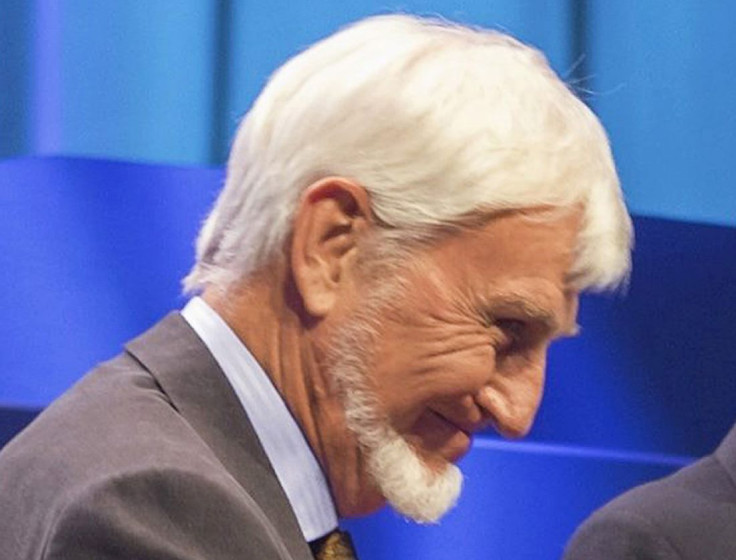Nobel Prize In Medicine Goes To Scientists Who Discovered Brain GPS

British-American scientist John O'Keefe and Norwegian couple May-Britt Moser and Edvard Moser have won the Nobel Prize for Medicine on Monday for discovering an “inner GPS” within the brain. This mechanism, discovered in experiments on rats, helps people orient themselves and navigate the world around them, and could help unlock the mystery of a disease like Alzheimer's.
O’Keefe made the first step toward the discovery in 1971 when he observed that a certain type of nerve in the brain becomes active when a subject is present in a specific part of the room. He demonstrated that these “place cells” were building up a map of the environment in the brain. After 34 years, May-Britt and Edvard Moser, of the Norwegian University of Science and Technology in Trondheim, discovered the grid cell that generates a system of coordinates to help pinpoint one's position and find their way around a physical space.
When the couple’s discovery was put together with Keefe’s observation, a system was found that explains how the brain creates "a map of the space surrounding us and how we can navigate our way through a complex environment," the Nobel Assembly said, according to the Associated Press, or AP.
According to experts, the method may help “understand the mechanism underpinning the devastating spatial memory loss" that is a classic feature of Alzheimer’s disease. The discoveries made by the three scientists have also helped understand how the brain performs its remembering, thinking and planning functions, AP reported.
Winners in the other categories of the Nobel Prize, including, physics, chemistry, literature and peace, will be announced later in the week. The prize includes 8 million Swedish kronor ($1.1 million), a diploma and a gold medal.
"Thanks to our grid and place cells we don't have to walk around with a map to find our way each time we visit a city because we have that map in our head," Juleen Zierath, chair of the medicine prize committee, said according to AP, adding: "I think without these cells we would have a really hard time to survive."
© Copyright IBTimes 2024. All rights reserved.












